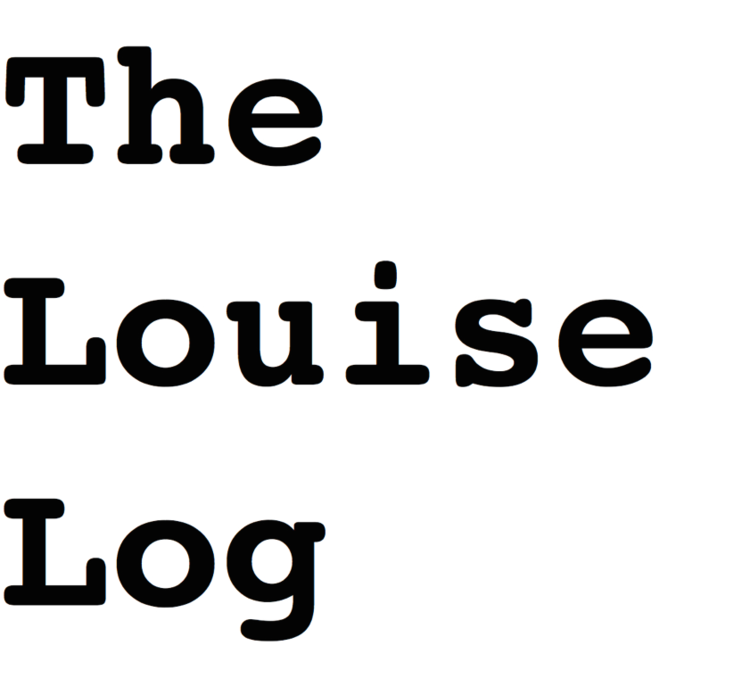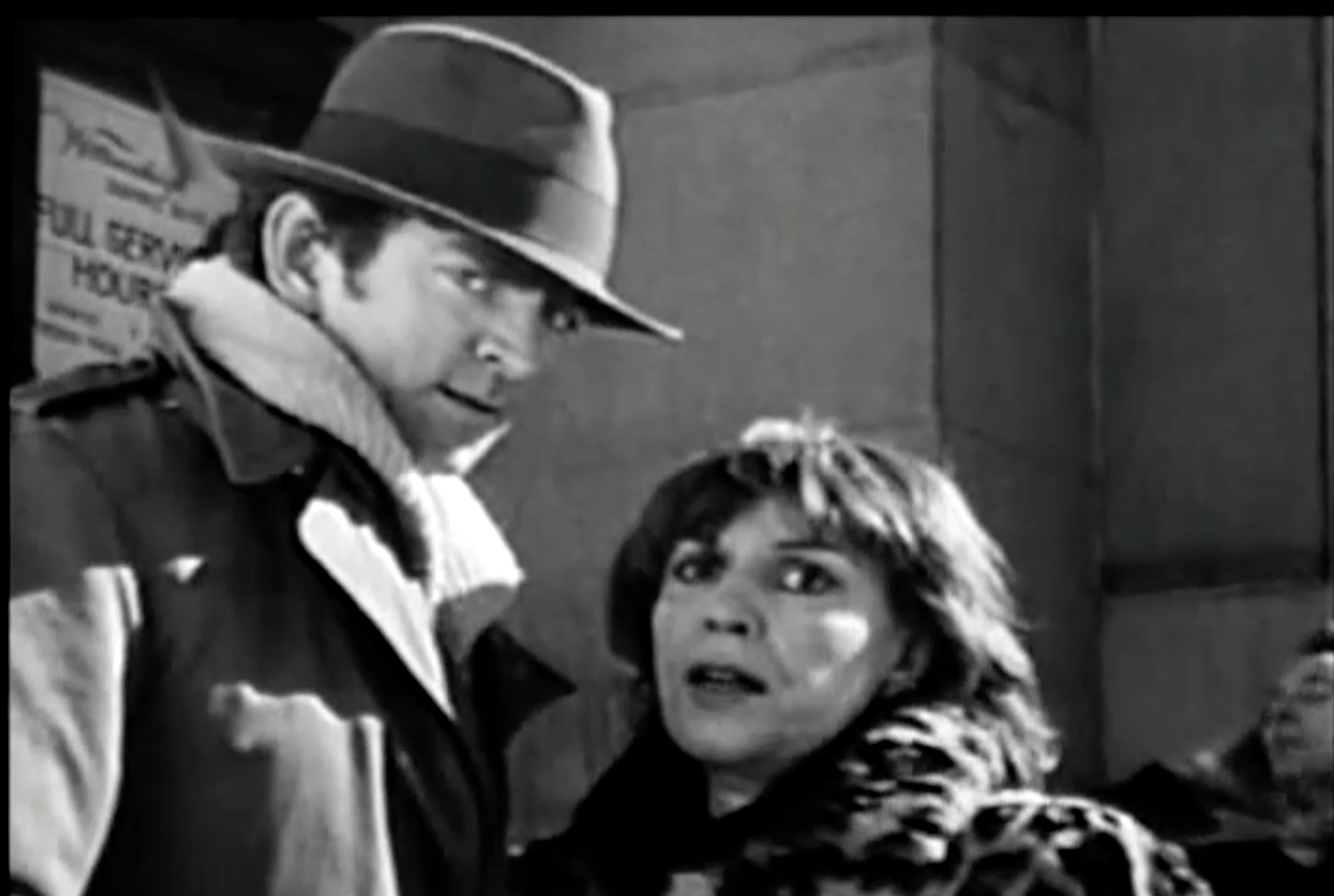I have to interrupt this story of making my first 16mm feature (for under $80,000), of traveling with it to the competition at Sundance and to Berlin and thinking that I would then sit back and preside over a bidding war between hot indie distributors. Please check back for that on Friday. Today I’m burning to tell you what's going on right this minute.
For the past couple of months, I’ve been practicing a new form of meditation. Inspired by The Power of Less a book which my friend and collaborator Victoria Trestrail sent (written by the same guy who has the wildly popular blog Zen Habits) I’ve been doing an eating meditation. Instead of my bad old ways of eating at my desk and chewing as I continue to work, I’ve been sitting at tables with and without other people and keeping the focus on the moment. I love to eat. I never make time to meditate. This is a win win situation. I’ve been surprised at my ability to stick with this. It feels like the foundation of a new way of living and I’ve been feeling a calm and a focus and a peace I’ve rarely known … until a few days ago. Suddenly, I’m eating at my desk again. I run up and down to the basement throwing in loads of laundry as I chew and then back to the computer. “I have to! I’ve got to get this finished!” And I don’t seem to be able to get my inner bull back into its pen.
A few weeks ago, Mr. Green was watching the Saturday night movie on our local PBS station, Channel 13. He’d missed the opening credits and wasn’t sure what he was watching. The star looked sort of like Paul Newman, sort of like Steve McQueen but wasn’t as handsome as either of them. I never sit down to watch television for fear of losing a day but soon found myself sitting next to Mr. Green on the couch. Even though this star was not all that handsome, he was compellingly, quietly and naturally so intense that I couldn’t take my eyes off him.
Eventually it became clear that this actor was indeed Steve McQueen. And later we discovered that it was Steve McQueen in Bullitt.
I wanted to see the beginning (and it isn’t streaming on Netflix) so headed over to the public library to check out the dvd along with two biographies of Steve McQueen for good measure. Who was this guy? And how had he learned to channel this intensity, this incredibly rich inner life. He seems like a genius. I figured he probably went to Harvard.
Well from the little I read of one of the biographies, I think old Steve was a middle school drop- out. He may have had the worst childhood of anyone ever. Abandoned, neglected and abused, he lived with his mother who worked as a prostitute out of the bedroom they shared in Indianapolis, surrounded by the rail yards, open sewers and … hog pens? The author of the biography was definitely making the case that the source of the rage that powered him and his performances was his childhood.
Long before fast food, he was known as ‘Big Mac’ because of his larger than life appetite for life and his habit of hoovering down food like an animal. He’d tear through a meal with a cheeseburger in one hand and a piece of pie in the other. Shooting a scene with him, Karl Malden (who had famously worked with Brando) was quoted as saying that McQueen scared the daylights out of him, springing at and attacking like an animal.
I think seeing Bullitt and reading about Steve McQueen put me in touch with my own raging, impatient inner animal, an energy which is generally channeled into maniac workaholism. The frustration of being an artist under the radar makes me mainline work like a crack addict. NOW.
I just wolfed down a bowl of lentil soup as I typed. More about all this soon.




















